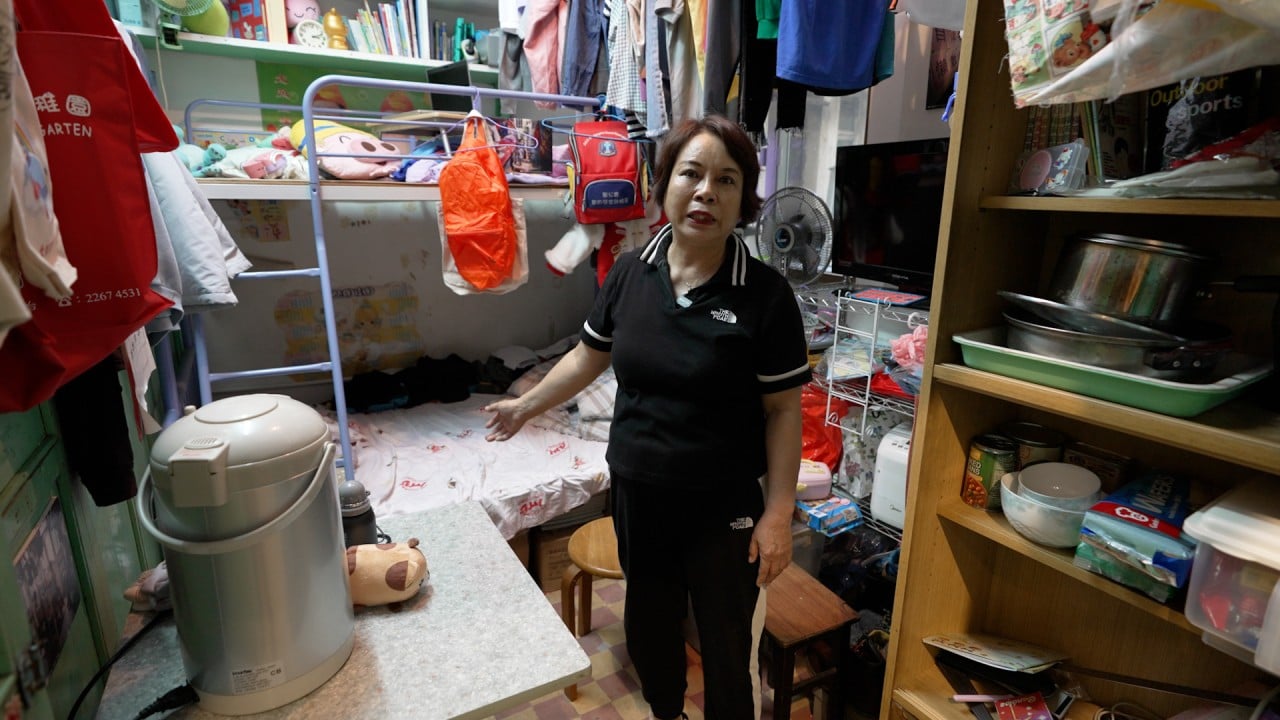
Sensible compromise on stamp duties the right path for Hong Kong’s property market
- Changes announced in the policy address relaxed some curbs on home sales for the first time in more than a decade. A close eye needs to be kept on the changes so that the market can recover without overheating
Developers and market insiders wanted the government to rescind the decade-old stamp duties to lift property prices and boost sales. As announced in the latest policy address, the government was willing to meet them halfway.
That is a sensible compromise. Local property prices have fallen by nearly 15 per cent from a record high in September 2021 and may soon bottom out.
A soft landing is in sight. But the government should not pursue an overly stimulative policy to prop up the economy for short-term gains. Relaxing some long-standing “spicy” measures rather than scraping them in one go is the proper path.
In his latest blueprint for the city in the coming year, Chief Executive John Lee Ka-chiu said a special stamp duty, equivalent to 10 per cent of the home price, would be waived for owners reselling their property after two years.
That is a reduction from the original three years. The buyers’ stamp duty that applies to non-permanent residents, and for additional properties, will also be halved to 7.5 per cent from 15 per cent.
Officials need to keep a close eye on market demands to gauge the effects of the latest changes. That is to strike a balance so the real estate market can recover without overheating.
The changes aim to stimulate demand and increase liquidity by relaxing some curbs on home sales for the first time in more than a decade. Those measures have effectively deterred speculation.
But market prices remained high during the past decade because of ultra-low interest rates. Now that borrowing costs have been rising for the past two years, prices have dropped significantly. That should be taken as a healthy sign for aspiring homeowners to enter the market.
Market players may want the go-go years of wild speculation to return. The government must make sure it doesn’t. Officials must monitor closely and be prepared to curb any overheating.
While significant, stamp duties are only one factor that affects people’s buying decisions. High interest rates will still deter some potential homebuyers, even if the purchasing powers of Hong Kong people must never be underestimated.
Another significant policy change is that eligible overseas talent who become homeowners will not need to pay the high stamp duty. Instead, they will be charged fees if they fail to become permanent residents.
This is a good way to encourage more talent to relocate to the city. But it must be monitored closely lest it becomes a loophole for people to avoid paying the levy.
Projected shrinking revenue from stamp duties and land sales will worsen the government’s current deficit. But officials say they have no plans to raise salary or profit taxes. How well the economy performs in the coming year will be a big test of Lee’s mettle.


